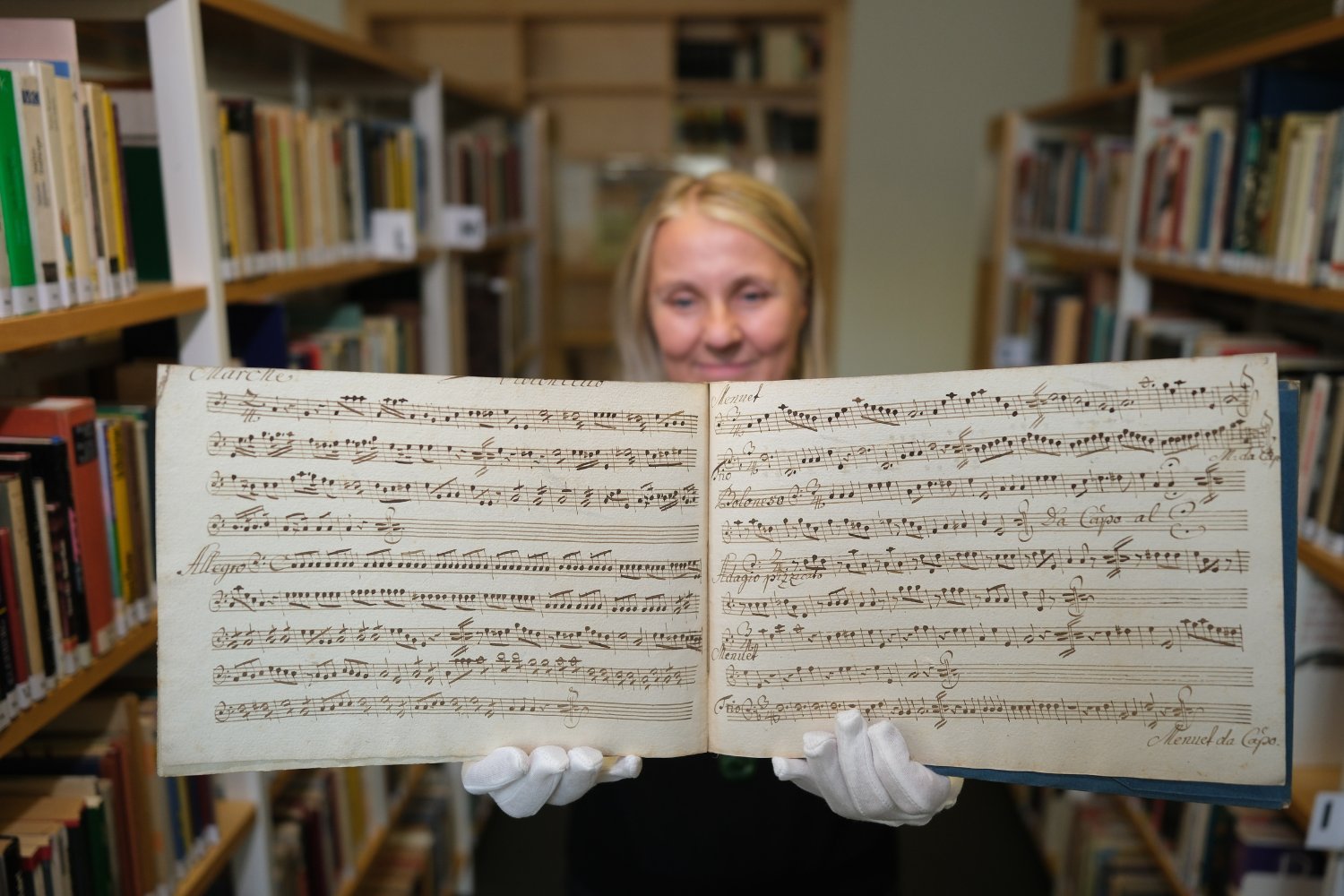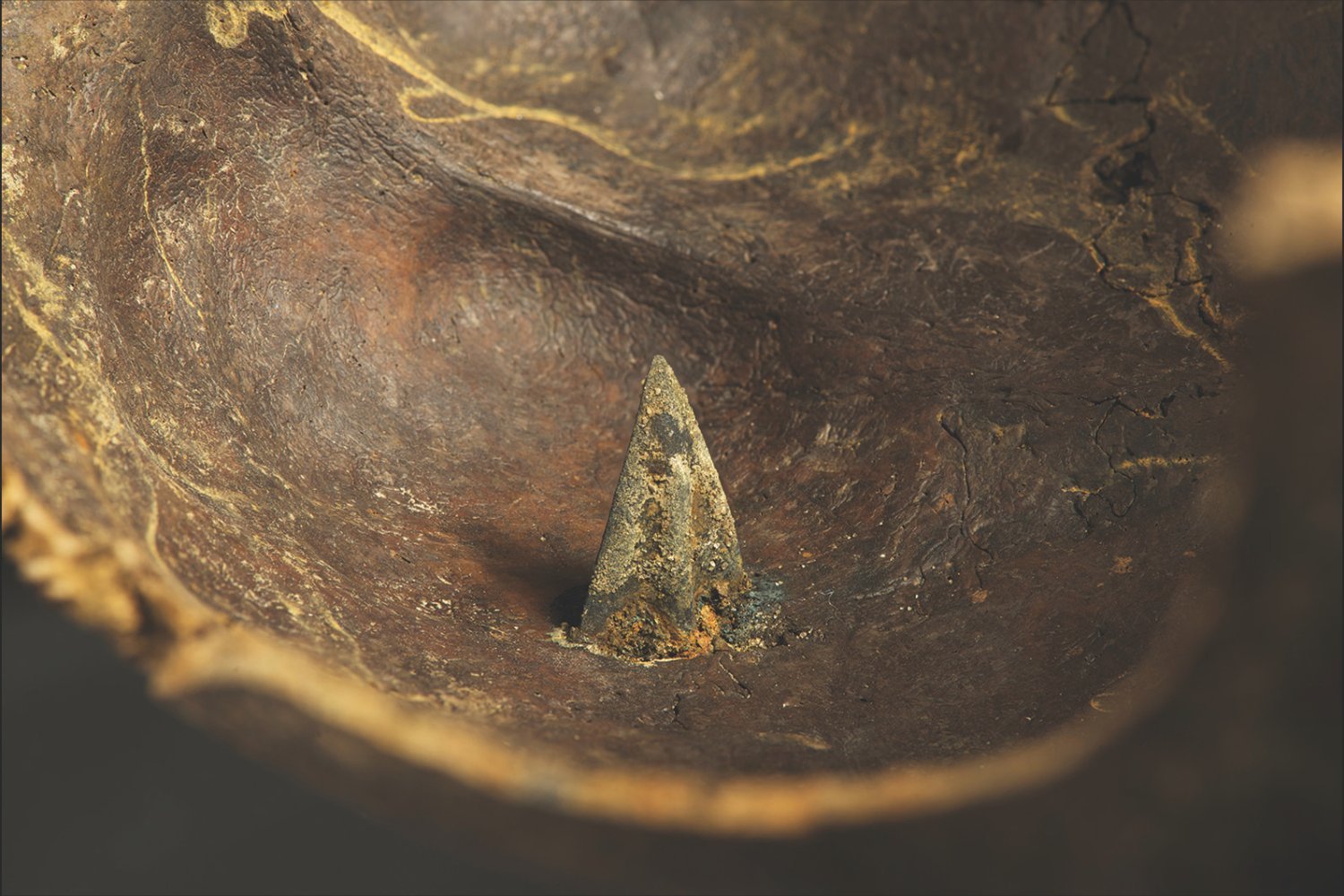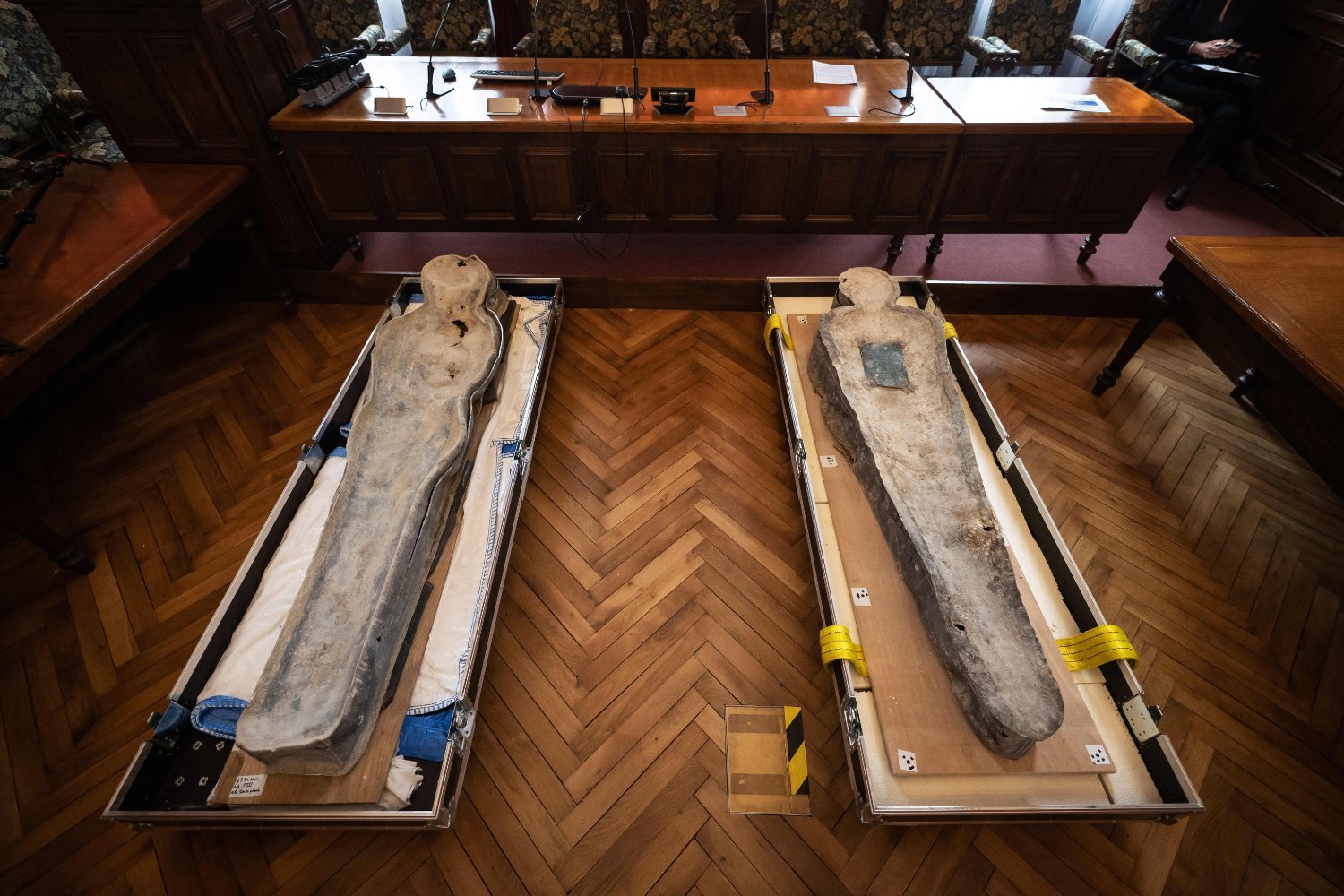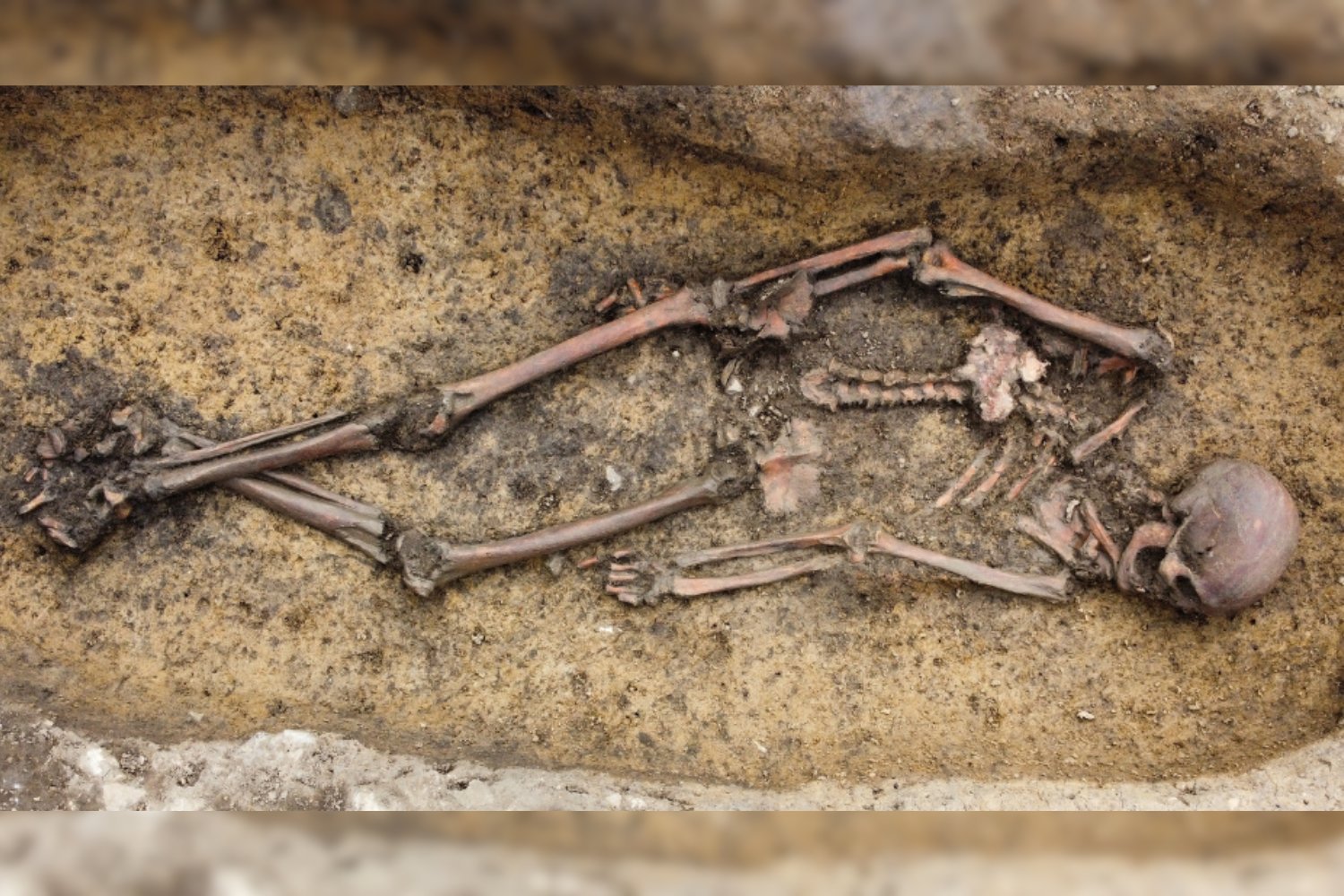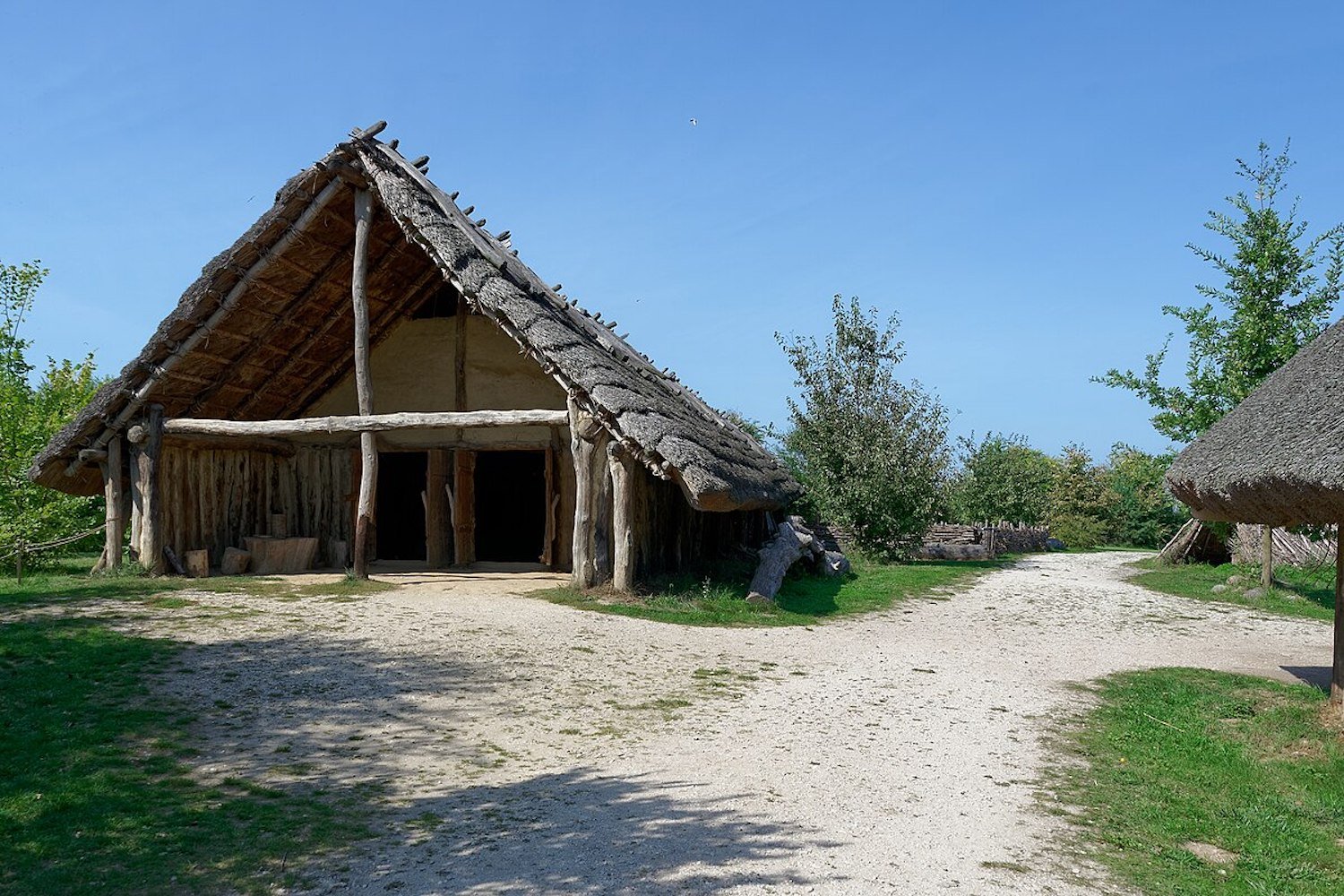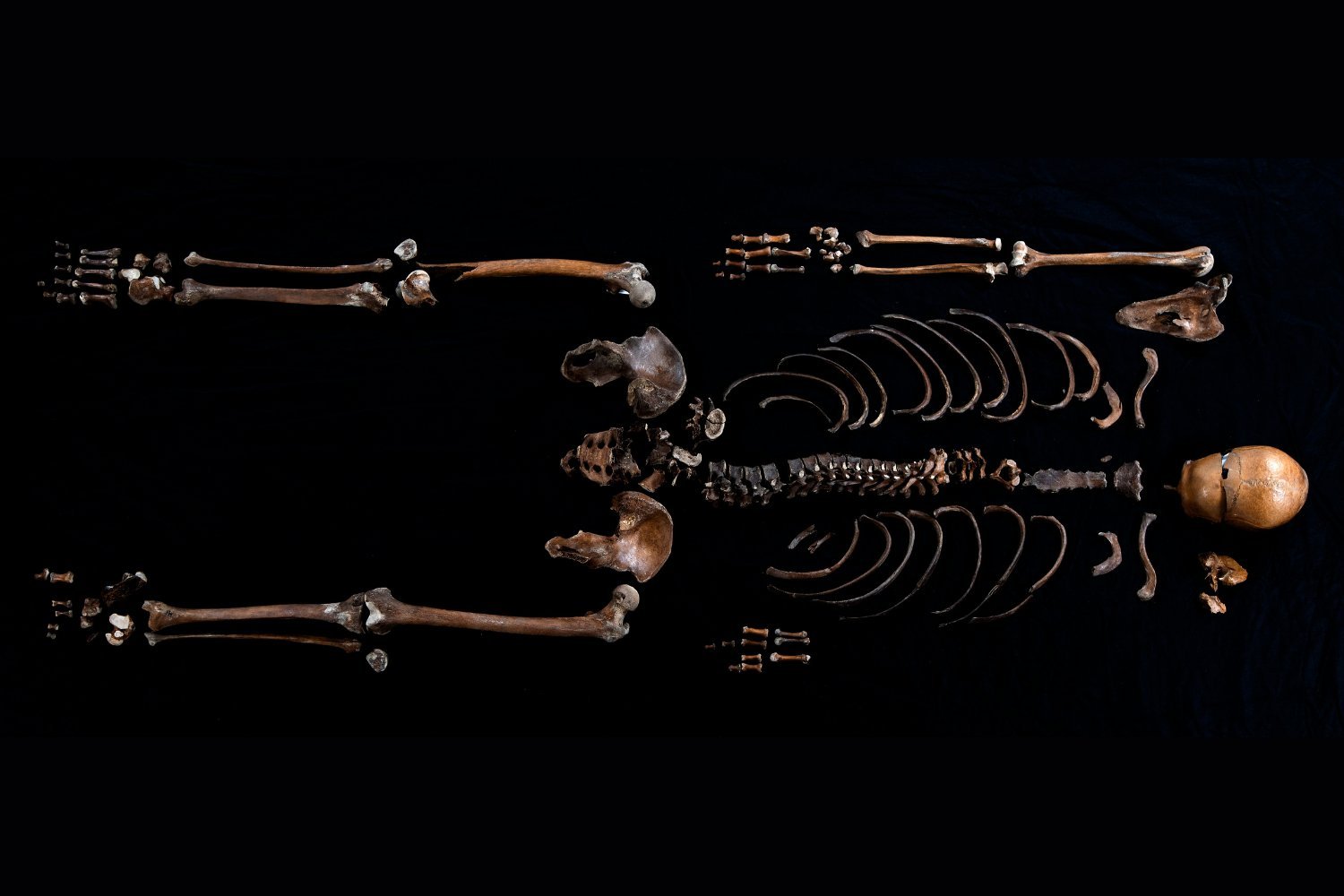A previously unknown musical composition by Wolfgang Amadeus Mozart has been unearthed by researchers at the Leipzig Municipal Libraries, adding a fresh melody to the renowned composer’s repertoire. This exciting discovery offers a glimpse into Mozart’s early compositional style and further enriches our understanding of his musical genius.
This manuscript, dating back to around 1780, isn’t in Mozart’s own hand but is a copy attributed to “Wolfgang Mozart.” The absence of his middle name, Amadeus, suggests the piece predates 1769, the year he began consistently using it, according to a Stiftung Mozarteum Salzburg release.
A Miniature Masterpiece
The 12-minute piece, composed in C major for two violins and a bass, has been officially cataloged as KV 648 in the Köchelverzeichnis (Köchel catalogue of Mozart’s works). It also bears the nicknames “Ganz kleine Nachtmusik” and “Serenate ex C.” The composition unfolds across seven miniature movements, showcasing Mozart’s precocious talent. Considering its estimated timeframe, Mozart would have been between 10 and 13 years old when he penned this charming work.
A Departure from Early Works
Until this period, Mozart was primarily known for his keyboard compositions, arias, and symphonies, as noted by Ulrich Leisinger, head of research at the International Mozarteum Foundation and editor of the latest Köchel edition. Leisinger suggests that by the age of 17, Mozart’s compositional style had likely evolved beyond the approach evident in KV 648.
A Family Legacy
“We know from Leopold Mozart’s records that Wolfgang wrote numerous other chamber works in his youth, which have sadly been lost,” Leisinger explains. “It appears, through a fortunate series of events, that a complete string trio has survived in Leipzig. The source seems to be Mozart’s sister, leading us to believe she preserved it as a keepsake of her brother.”
Premiering a Lost Treasure
According to MDR, the piece received its first modern performance in Mozart’s birthplace, Salzburg, followed by its German debut at the Leipzig Opera. A recording of a string trio performing a portion of the piece can be found on ZDF Heute.
A New Chapter in Music History
This delightful addition to Mozart’s catalog arrives just a year after new discoveries about the life of Ludwig van Beethoven revealed his struggles with liver disease and hepatitis before his death in 1827. While Beethoven’s recent news focused on his health challenges, Mozart’s rediscovered composition offers a celebratory occasion. This discovery underscores the potential for further revelations about these iconic composers, even centuries after their passing.
This rediscovered composition offers a valuable glimpse into Mozart’s formative years and serves as a testament to his enduring musical legacy. It reminds us that even the most well-studied figures in history can still surprise us with new treasures waiting to be unearthed.



